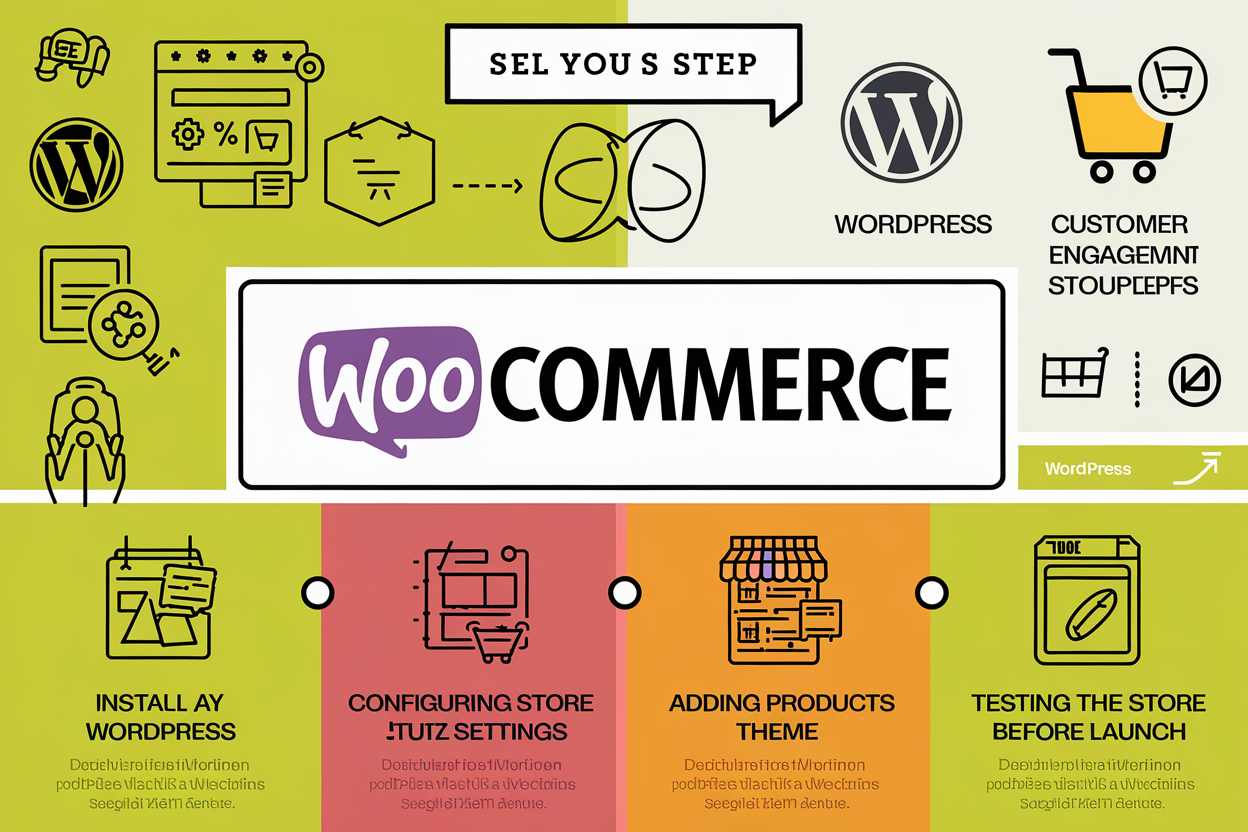Building Trust with Middle Eastern Clients: Insights into Regional Business Practices
By Kainat Chaudhary
Introduction: The Role of Trust in Middle Eastern Business
Trust is a fundamental component of business relationships in the Middle East. Understanding and respecting regional business practices can significantly enhance your interactions and build long-lasting relationships with clients. This post provides insights into key practices for establishing trust with Middle Eastern clients and offers practical tips for navigating the regional business landscape.
1. Understanding Cultural Values
Middle Eastern business culture is deeply influenced by cultural and religious values. Here’s how to align with these values:
- Respect for Hierarchy: Acknowledge the importance of hierarchy and seniority in business dealings. Show respect for senior executives and decision-makers.
- Importance of Relationships: Building personal relationships is crucial. Invest time in getting to know your clients on a personal level and show genuine interest in their culture and values.
- Cultural Sensitivity: Be aware of cultural practices and traditions. Demonstrating respect for local customs, such as dress codes and religious observances, is essential.
2. Effective Communication
Effective communication with Middle Eastern clients involves understanding their preferences and communication styles. Key aspects include:
- Formal Communication: Use formal language and titles when addressing clients. Maintain a respectful and professional tone in all communications.
- Indirect Communication: Be aware that communication may be indirect. Pay attention to subtle cues and non-verbal signals to understand the true message.
- Active Listening: Practice active listening to ensure you accurately understand and address client needs and concerns.
3. Building Strong Relationships
Trust is often built through strong personal relationships. Consider the following strategies to develop and maintain these relationships:
- Networking: Engage in networking opportunities and social events. Building rapport outside of formal business settings can strengthen relationships.
- Follow-Up: Regularly follow up with clients to show continued interest and commitment. Ensure that you are responsive and address any issues promptly.
- Consistency: Be consistent in your actions and communications. Demonstrating reliability and integrity helps build trust over time.
4. Understanding Decision-Making Processes
Decision-making in the Middle East may involve a consultative process with input from multiple stakeholders. Key points to consider include:
- Consultative Approach: Decisions may require input from various levels within an organization. Be prepared for a longer decision-making process and multiple meetings.
- Emphasis on Trust: Building trust is crucial before making significant business deals. Ensure that you have established a strong relationship before expecting final decisions.
- Detailed Proposals: Provide detailed and well-structured proposals. Ensure that your documentation addresses potential concerns and highlights the value proposition clearly.
5. Adapting to Local Business Practices
Adapting to local business practices can enhance your interactions and show respect for regional norms. Consider the following practices:
- Flexibility: Be flexible with meeting schedules and deadlines. Understand that there may be variations in business hours and practices.
- Hospitality: Accept invitations for social events and meals. Hospitality is an important aspect of Middle Eastern culture and helps build strong business relationships.
- Gift-Giving: Gift-giving can be a common practice. If appropriate, choose gifts that reflect respect and appreciation, and be mindful of local customs.
Conclusion
Building trust with Middle Eastern clients requires a deep understanding of cultural values, effective communication, and adaptability to local business practices. By demonstrating respect and commitment, you can forge strong, successful relationships and achieve positive business outcomes in the region.
Embrace these insights to navigate the complexities of Middle Eastern business practices and build lasting trust with your clients. Cultural awareness and respect are key to thriving in this dynamic business environment.

Working with European Clients: How Cultural Differences Shape Business Relationships
Navigating cultural differences is crucial for successful business relationships with European clients. This post explores how understanding these differences can enhance your interactions and foster stronger partnerships.

Building a Personal Brand as a Designer: Tips for Standing Out
In today's competitive design landscape, building a personal brand is essential for standing out. Explore effective strategies for establishing your unique identity, showcasing your work, and connecting with your audience.

Collaboration Tips: How Developers and Designers Can Work Together for Better Results
Discover practical tips for improving collaboration between developers and designers. Learn how clear communication, mutual respect, and shared goals can lead to better project outcomes.

How to Set Up an E-commerce Store on WordPress with WooCommerce
Learn how to set up an e-commerce store on WordPress using WooCommerce. This step-by-step guide covers installation, configuration, product management, and store customization to help you launch a successful online store.